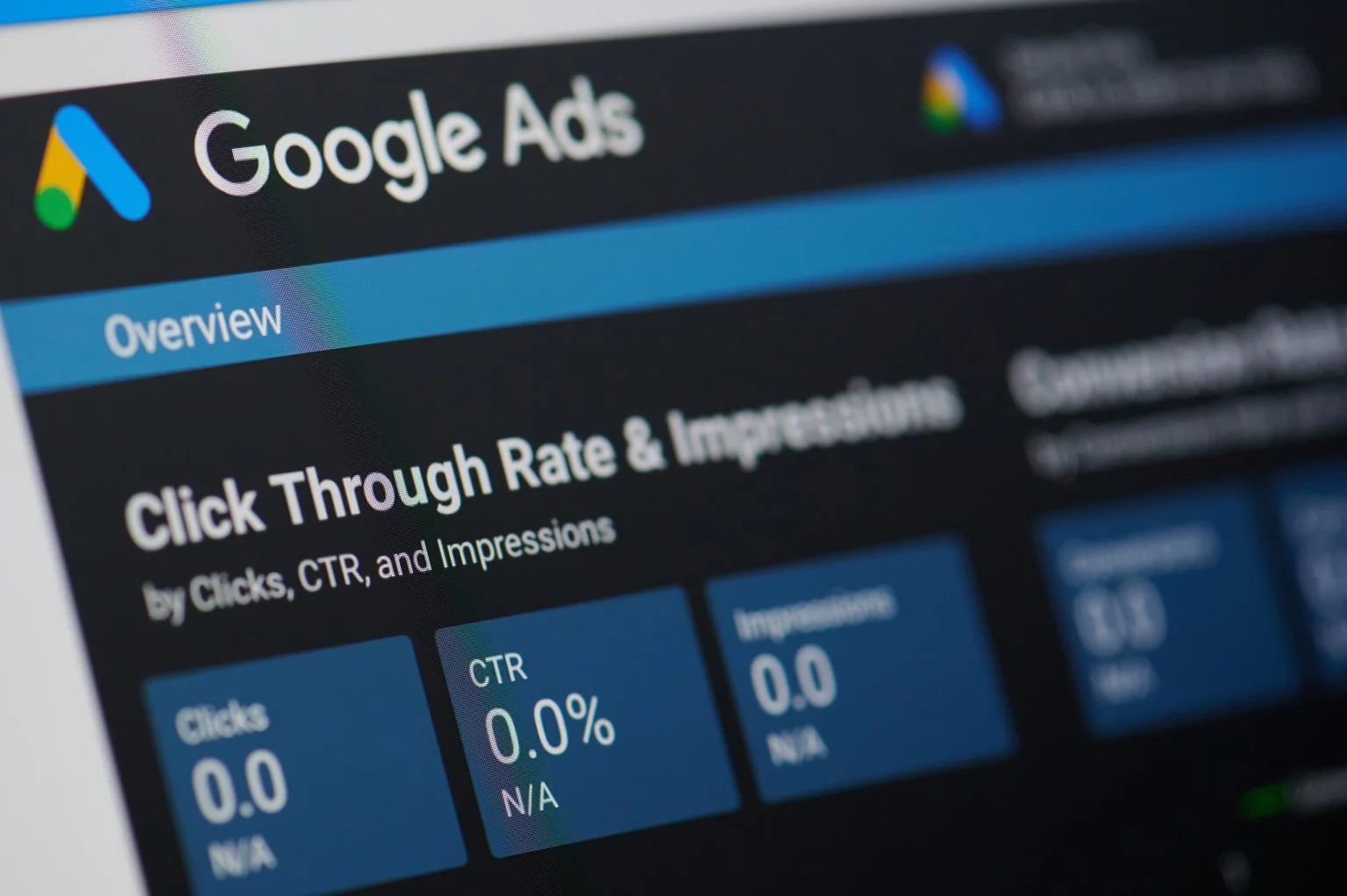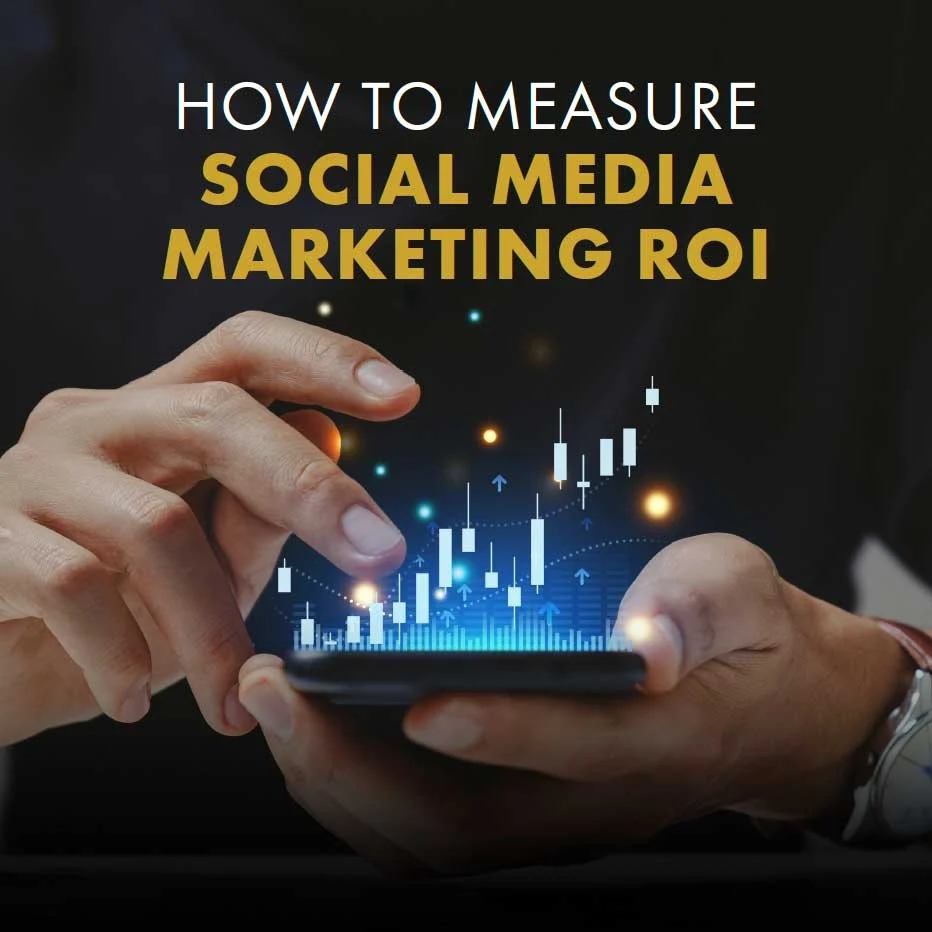In today's digital world, businesses of all sizes recognize the importance of a comprehensive digital marketing strategy. From start-ups looking to build an online presence to established enterprises hoping to boost customer acquisition, digital marketing offers many opportunities.
It’s important to understand, however, that it’s not as simple as jumping feet first into a new venture – having a strong understanding of what strategies and tactics align with your business objectives is essential for creating a successful campaign.
Before investing in a savvy digital marketing strategy, business owners need to ask themselves a few critical questions to determine if it's right for them.
Let’s dive into 15 essential questions when deciding if digital marketing best fits your business. By answering these questions upfront, you’ll be well-positioned to tackle digital marketing headfirst. Let’s begin!
Ready to Take Your Business Digital? Ask Yourself These Questions First
1. What are my marketing goals?
When it comes to marketing, having clear goals and objectives is key. Your goals should be specific, action-oriented, attainable, realistic, and time-oriented (S.M.A.R.T.). Start by asking yourself what you want to accomplish with your digital marketing efforts.
Are you aiming to increase website traffic or generate more leads? By focusing on your desired outcomes beforehand, you can set yourself up for success by selecting the most appropriate strategies upfront without excessive experimentation.
2. Who is my target audience?
Understanding who you’re trying to reach allows you to tailor content and messages to best appeal to their needs and interests. Depending on what you're trying to promote or sell, you might focus on certain demographics, interests, or behaviors.
You should consider factors like age, gender, location, and behaviors such as online habits and device usage. With these factors in mind, you can decide which digital platforms – social media, email campaigns, or paid advertising – will most likely be seen and heard by your desired customers.
For example, if you’re marketing a new tech product, you might want to target millennials interested in the latest gadgets. Or, if you’re selling vacation packages, you might go after people who love traveling and explore the different behaviors and interests associated with that.
3. What is my budget?
Knowing your budget allows you to create realistic and achievable goals that work within the financial constraints of your organization. Having a budget in place will prevent you from overspending on unnecessary items, ensure that you don't skimp on important elements, and help you prioritize the most important aspects of your project.
Take the time to research, compare options, and determine what works best for your business. With the right budget, you can have peace of mind that you’re making the most out of every dollar spent.
4. How will I measure success?
Knowing how you’ll measure the effectiveness of your digital marketing efforts allows you to compare your results with pre-established goals. This helps you evaluate whether or not your campaign was successful in achieving its desired objectives.
Factors you should consider as Key Performance Indicators (KPIs) include sales, website traffic, customer feedback, and ad engagement rates. It pays to plan and determine the metrics you want to track when developing your campaign strategy.
5. What are my competitors doing?
By closely examining your competitor’s digital marketing efforts, you can gain valuable insights into what approaches might work best for your business. What kind of content are they creating? How often are they engaging with their audience?
You can assess what kind of customer base they're targeting and how effective their campaigns have been in lead generation.
6. How will I create content?
Creating content that resonates with readers is the key to successful digital marketing. Before creating, consider if you have the resources, knowledge, and skills to create content in-house.
If not, it’s worth looking into outsourcing your content creation to a professional content writing agency or a selection of talented freelancers in your niche; this will help you ensure you get quality results every time.
7. What is my brand's online reputation?
A positive online reputation creates trust between you and your customers; they’re far more likely to engage with your products and services if they believe you’re reputable.
Take time to research your brand's online reputation by looking at review sites, monitoring what people say on social media, and engaging with customers in the digital space.
8. Do I have the necessary skills and resources in-house?
Before moving forward, take a step back and consider whether you have the right in-house skills and resources. Digital marketing requires specialized expertise, so consider which team members have the necessary knowledge and technical abilities to make it happen.
Do you have the tools and systems needed for effective execution? Assessing your current capabilities and resources is essential for successful digital marketing initiatives.
9. Should I outsource my digital marketing?
Whether or not you should outsource your digital marketing depends on how much time and resources you can commit.
Outsourcing could be a great solution if you lack the expertise to create a successful digital marketing campaign. You'll benefit from having an experienced team of professionals who know the latest trends, understand what works and how, and can give you quality results.
10. What are the legal requirements for digital marketing?
Depending on the nature of your digital marketing campaigns, there may be regulations at both state and federal levels that you need to comply with. This could include restrictions around data collection, email communication, and advertising content.
If you’re targeting customers globally in other countries, you might also need to consider any international laws that relate to digital marketing and data retention (i.e., GDPR). Doing your due diligence to ensure that your campaigns are compliant will help to protect your business from potential legal issues.
11. How will I adapt to changes in digital marketing trends?
With technology and consumer preferences evolving rapidly, it's important to know the latest trends to ensure your strategies remain effective. You’ll need to have the ability to adapt quickly as soon as the landscape changes.
Keeping up with industry news, attending conferences and seminars, and participating in online forums are all great ways to stay in the loop.
12. How will I manage my digital marketing campaign?
Managing a successful digital marketing campaign can be complex and requires careful planning and thoughtful execution.
You'll need to determine your target audience, set marketing goals, create relevant and engaging content, and track your efforts' results. Think about how you’ll handle management before you launch.
13. What is the ROI of digital marketing?
Even though digital marketing can be a great way to reach your target audience and grow your business, it can get expensive quickly; you’ll want to ensure a good return on investment (ROI).
By tracking your progress and evaluating the impact of your campaigns, you can calculate the ROI of your digital marketing efforts. This will help you make smarter decisions about your budget, determine which strategies are worth investing in, and plan for future success.
Unlock Your Business's Potential with Digital Marketing: Take the First Step Forward Today
Unlocking the potential of your business with digital marketing starts by taking the first step today. It can be an incredibly powerful tool for businesses. Still, it’s important to answer these questions first to consider whether it’s right for you before investing time and resources into digital campaigns.
Whether you focus on increasing brand awareness, reaching untapped audiences, or boosting sales and profits, there’s no doubt that digital marketing can help you meet your goals and grow your business now and into the future.



.webp)





















































